Hearing the phrase “What Do Ducks Eat?” may immediately bring to mind images of park-goers feeding bread crumbs to eager, quacking ducks. While adorable, this scene harbors an unsettling truth. Regular bread consumption is harmful to ducks, causing fatty organ enlargement and health issues such as liver and heart diseases. Furthermore, excess food, often in the form of bread, pollutes the natural habitats of ducks, heightening the risk of disease among both bird and human populations. Instead, consider nutritious alternatives like dark leafy greens for an occasional treat!
Natural Diets of Wild Ducks
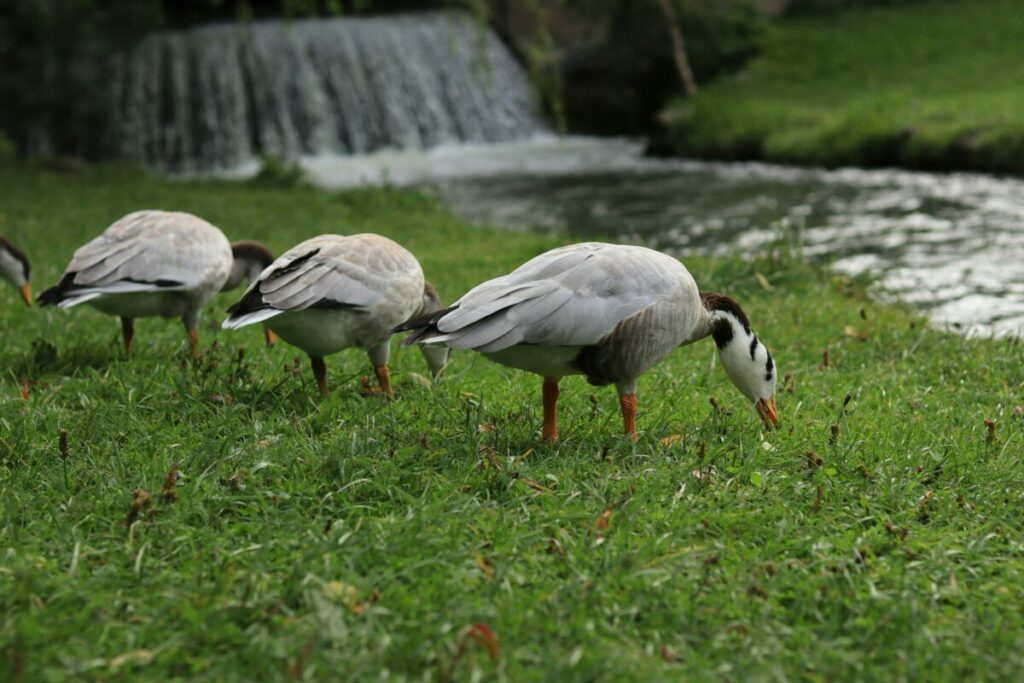
Does the question, “What Do Ducks Eat?” still float in your mind? Let’s dive into the natural diet of our wild friends. Wild ducks are innately skilled at foraging for a variety of foods. Protein-rich crustaceans, an array of vegetables, and the occasional grain from undisturbed fields are all part of their menu. So, if you feel the need to feed the wild ducks, a leafy green snack would be a much healthier choice than bread.
Feeding Domestic Ducks: A Different Duck Tale
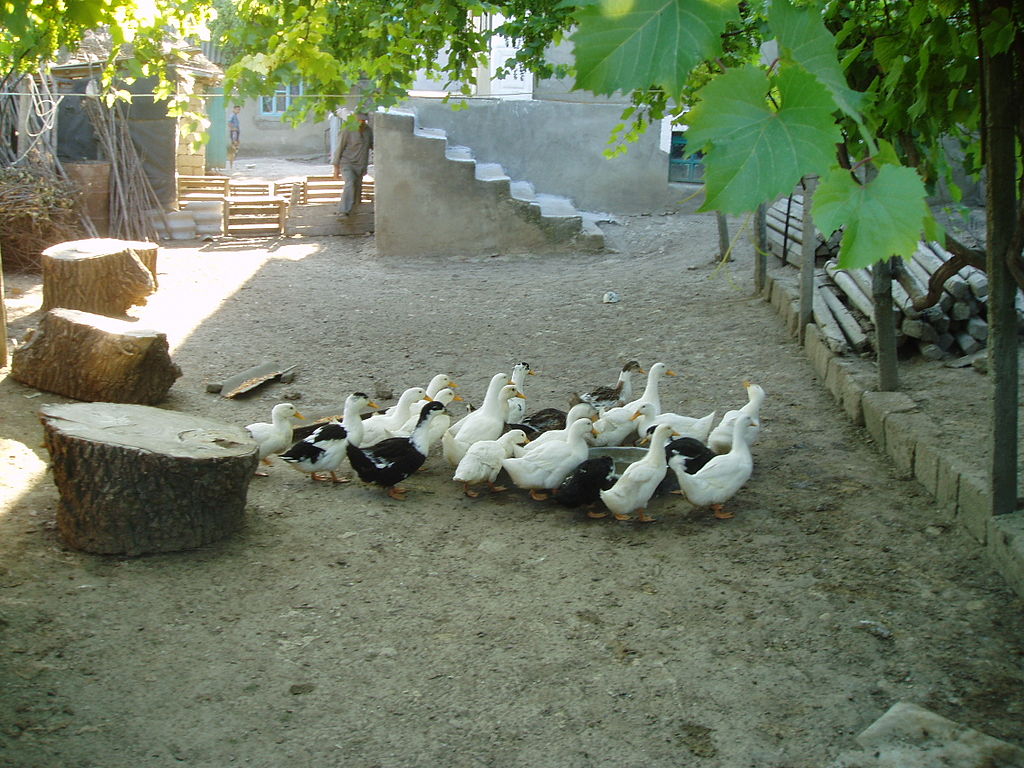
The domestic duck’s story unravels a bit differently. Ducks raised by humans, either for egg production or as poultry cannot fend for themselves in the wild. They rely on us to feed them. But what should domestic ducks eat? Waterfowl-specific food, available in pellets or crumble form, offers the precise nutrition they need.
Meeting Ducks’ Nutritional Needs
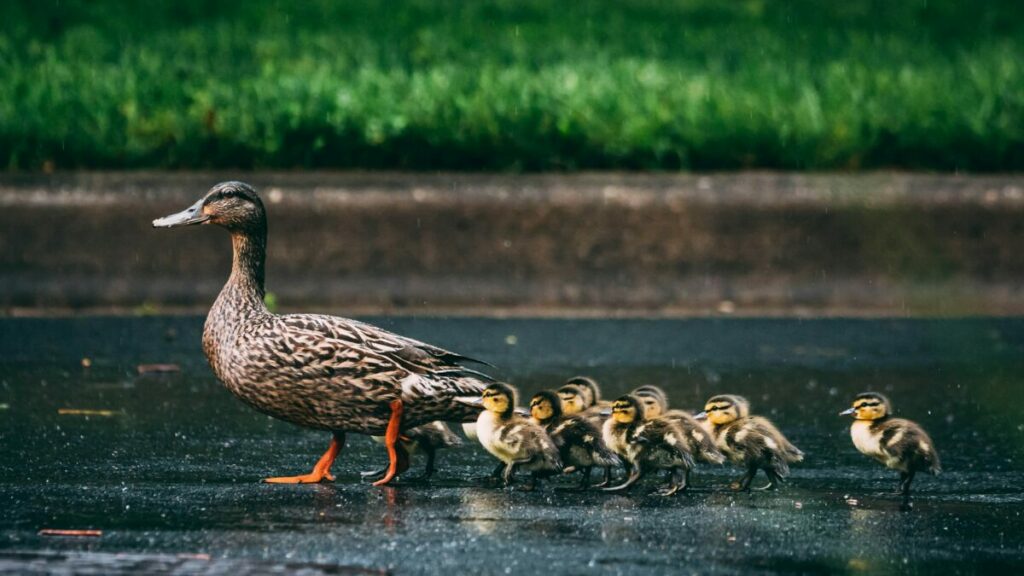
The nutritional needs of a duck vary during different phases of its life. For the first month, ducklings need an extra-high protein diet, constituting about 20% of their food intake. The pellet size should also be small enough for them to consume easily.
During weeks 5 to 14 of growth, ducks should receive a maintenance diet containing 14% protein. Egg-laying ducks, however, require a shift in their diet to a formulation containing higher calcium and 16-17% protein.
The Role of Grit
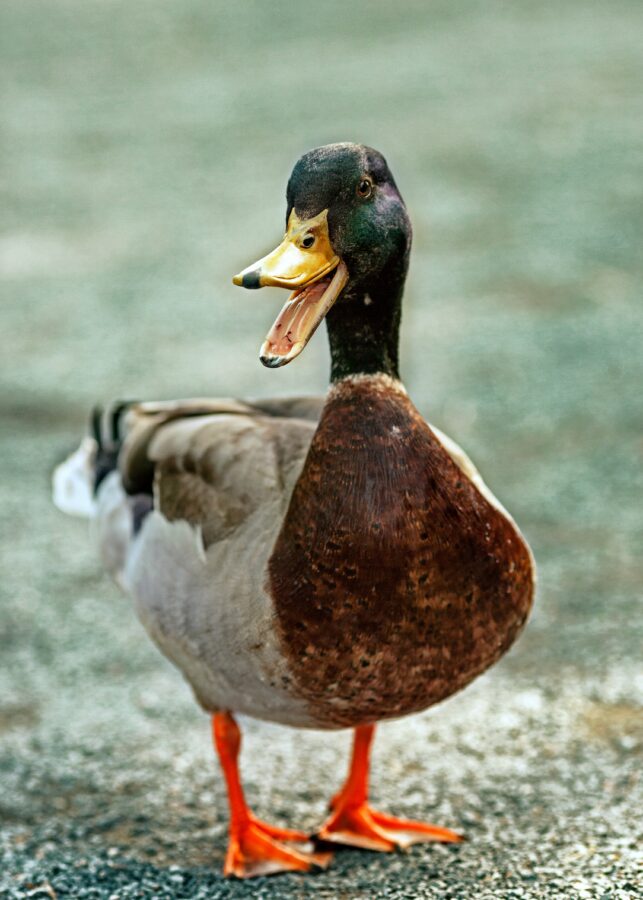
Ducks require grit, or tiny stones, in their weekly diet. If their living conditions lack natural access to dirt, supplementing their diet with grit becomes a necessity.
What Do Ducks Eat as Treats?
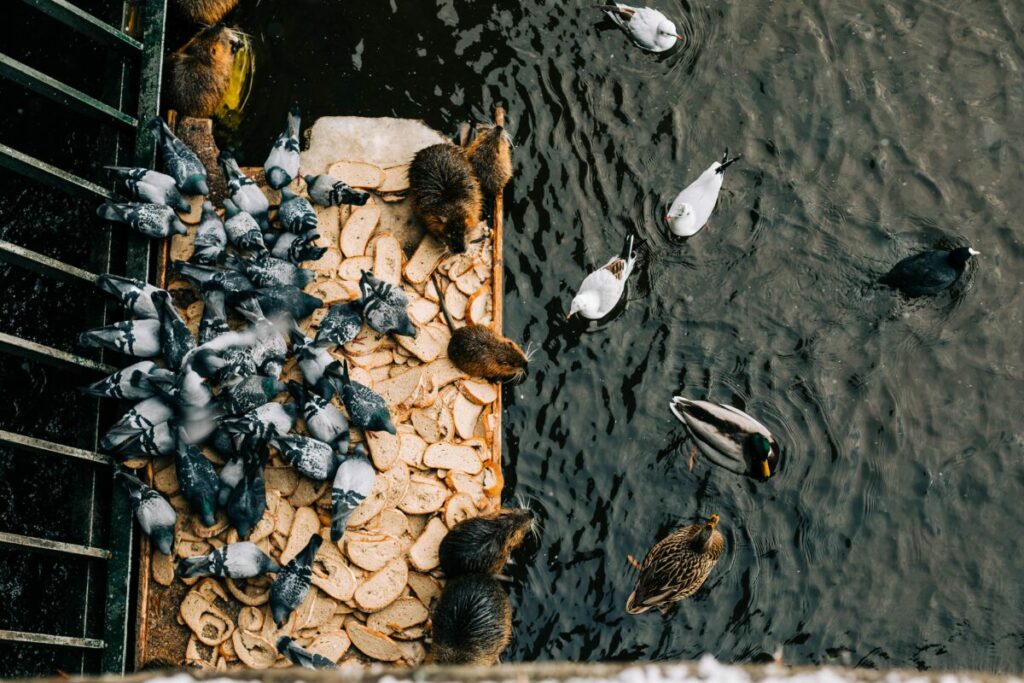
Indulging ducks with occasional treats sparks joy on both ends. Including healthy options such as peas, corn, carrots, and greens can make up these sporadic thrills, ensuring you’re not compromising their health for happiness.
- Related Resources:
- Breeding Ducks
- Pet Ducks
- Muscovy Ducklings